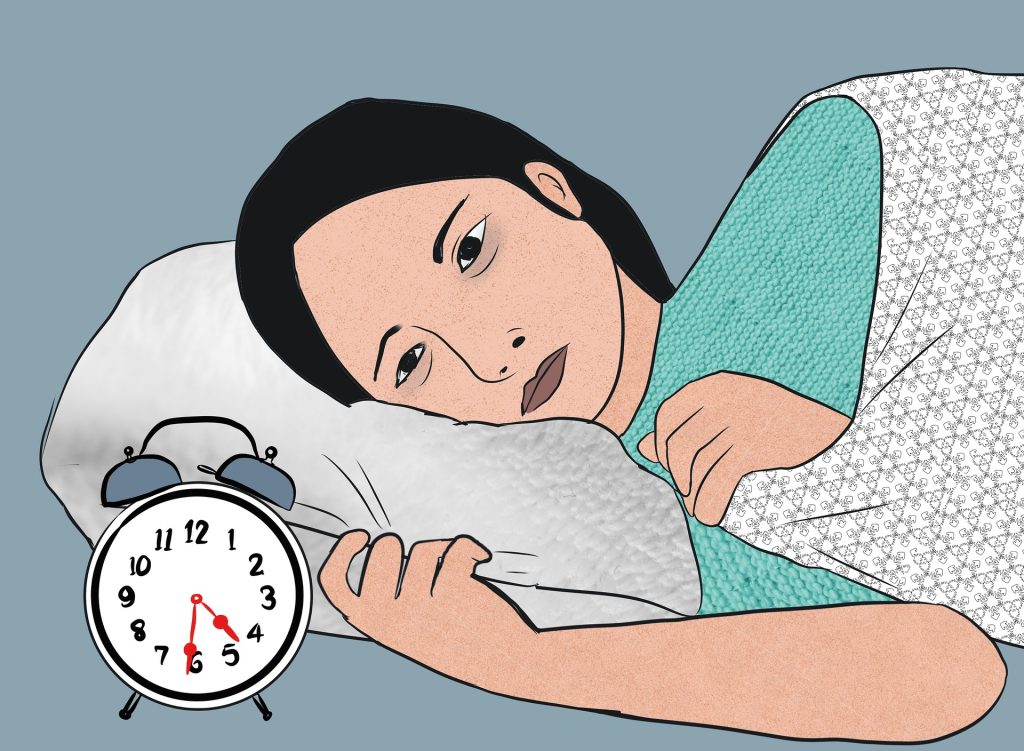
Alcohol, a widely consumed psychoactive substance, can lead to a spectrum of health issues, with alcohol withdrawal being one of the most challenging aspects of excessive drinking. When individuals dependent on alcohol abruptly stop or reduce their consumption, they often experience a range of physical and psychological symptoms collectively known as alcohol withdrawal. Understanding these symptoms is crucial for both individuals struggling with alcohol dependence and the healthcare professionals who support them.
The Physiology of Alcohol Withdrawal:
Alcohol exerts its effects on the central nervous system, and prolonged use results in adaptive changes. The brain adjusts its neurotransmitter production to maintain equilibrium when someone regularly consumes large amounts of alcohol, . However, when alcohol intake suddenly decreases or ceases, the delicate balance is disrupted, leading to the onset of withdrawal symptoms.


Common Symptoms:
- Anxiety and Irritability:
Hallmark symptom of alcohol withdrawal is the anxiety. Heightened levels of nervousness, restlessness, and irritability might be experienced by the Individuals. These symptoms can be overwhelming and contribute to the cycle of dependence, as individuals may be tempted to resume drinking to alleviate discomfort. - Tremors and Shakes:
Physical manifestations such as tremors and shakes are common during alcohol withdrawal. These involuntary movements are often most noticeable in the hands and can range from mild to severe. The severity of tremors can be an indicator of the intensity of withdrawal. - Nausea and Vomiting:
Gastrointestinal distress is prevalent in alcohol withdrawal. Nausea and vomiting can contribute to dehydration, further complicating the already challenging withdrawal process. Adequate hydration and nutritional support are essential during this phase. - Insomnia and Disturbed Sleep:
Sleep disturbances are a common feature of alcohol withdrawal. Individuals may struggle with falling asleep, staying asleep, or experiencing restful sleep. Sleep hygiene practices and, in some cases, medications may be employed to manage these challenges. - Hallucinations:
In severe cases, individuals may experience hallucinations, which can be visual, auditory, or tactile. Delirium tremens (DTs) is a severe form of withdrawal that may involve vivid hallucinations, confusion, and autonomic nervous system hyperactivity. DTs are a medical emergency and require immediate intervention. - Increased Heart Rate and Blood Pressure:
Heart rate and blood pressure could be elevated by alcohol withdrawal can elevate heart rate and blood pressure. Monitoring cardiovascular parameters is crucial to prevent complications such as heart attacks or strokes, especially in individuals with pre-existing cardiovascular conditions. - Seizures:
Seizures are a serious complication of alcohol withdrawal, occurring in a minority of cases. They typically manifest within 24 to 48 hours after the last drink but can occur later. Individuals with a history of seizures or those at risk may be closely monitored during the withdrawal process. - Depression and Mood Swings:
The abrupt cessation of alcohol can lead to depressive symptoms and mood swings. Individuals may feel a profound sense of sadness, hopelessness, and despair. Addressing mental health aspects is integral to a comprehensive approach to alcohol withdrawal.

Treatment and Support:
Managing alcohol withdrawal requires a multifaceted approach involving medical, psychological, and social interventions. Healthcare professionals often employ medications such as benzodiazepines to ease symptoms and prevent complications. However, these should be administered under close supervision due to the potential for abuse.
Psychosocial interventions, including counseling and support groups, play a crucial role in addressing the underlying factors contributing to alcohol dependence. Cognitive-behavioral therapy (CBT) and motivational enhancement therapy (MET) are effective in helping individuals modify their behaviors and thought patterns related to alcohol.
Importantly, a supportive environment is vital during the withdrawal process. Emotional support, encouragement, and understanding could be provided by friends and family. In some cases, residential treatment programs may be recommended, offering a structured and supervised setting for individuals to navigate the initial phases of recovery.
Conclusion:
Alcohol withdrawal symptoms can pose significant challenges, underscoring the importance of a comprehensive and individualized approach to treatment. Understanding the physiological and psychological aspects of withdrawal is crucial for both individuals grappling with alcohol dependence and the healthcare professionals guiding them through this journey. With the right support, interventions, and a commitment to long-term recovery, individuals can successfully navigate the storm of alcohol withdrawal and embark on a path towards a healthier, alcohol-free life.







